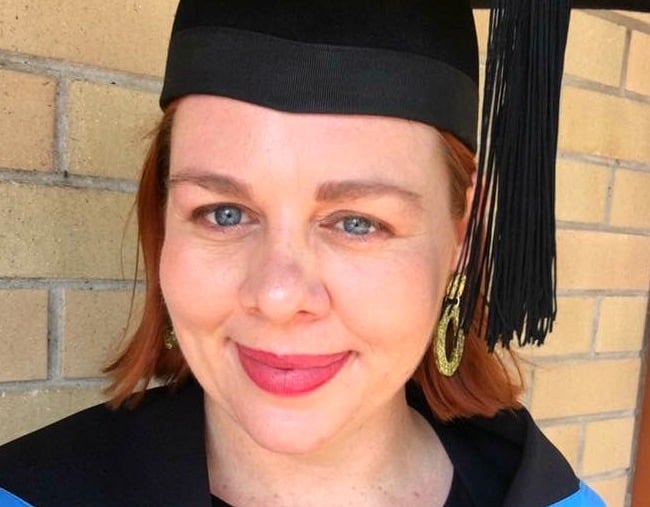
As a white middle class Australian, I’m confident when I say that people don’t know how to act when someone dies.
Other cultures have traditions like not moving anything or wearing the same clothes for days. Maybe it’s the lack of traditions to hold onto that result in the dumb things people do while trying to comfort the grieving individual.
For example, here’s a sample of just some of the things that were said to me after my dad died from cancer:
“It was because he drank so much Diet Coke.”
“It was because he didn’t eat organic.”
“At least now you’ll be able to go to his gravesite and win all the arguments.”
And about three years after his passing it was suggested that I go and talk to someone because I didn’t seem to be “getting over it”.
Even to this day if it comes up that my father has passed away it gets very awkward very quickly. Even at my dad’s wake things were a bit awkward.
Samuel Johnson speaks to Mia Freedman about how he wants to grieve for his sister Connie. Post continues.
Nowadays when people ask about my family I don’t mention my father in hopes to save us all from that uncomfortable moment. Now if people ask I just say he’s dead. I’ve given up my quest to make others feel less uncomfortable. And I use that word, ‘dead’. Not ‘passed away’ or ‘gone’ or anything that’s slightly ambiguous. Because if they missed the first clue I gave them, I don’t want them to misunderstand a second time.
Several of my thirty-something friends with deceased parents have reported experiences that parallel mine. Many people just don’t know what to do. The following is a cheat sheet I’ve done up. It’s a bit vague and not one of those neat tick and flick ones because grief isn’t neat. I’ve written this down because about eighteen months ago my mother received her own cancer diagnosis. And for the long term it’s not looking good.





























































































